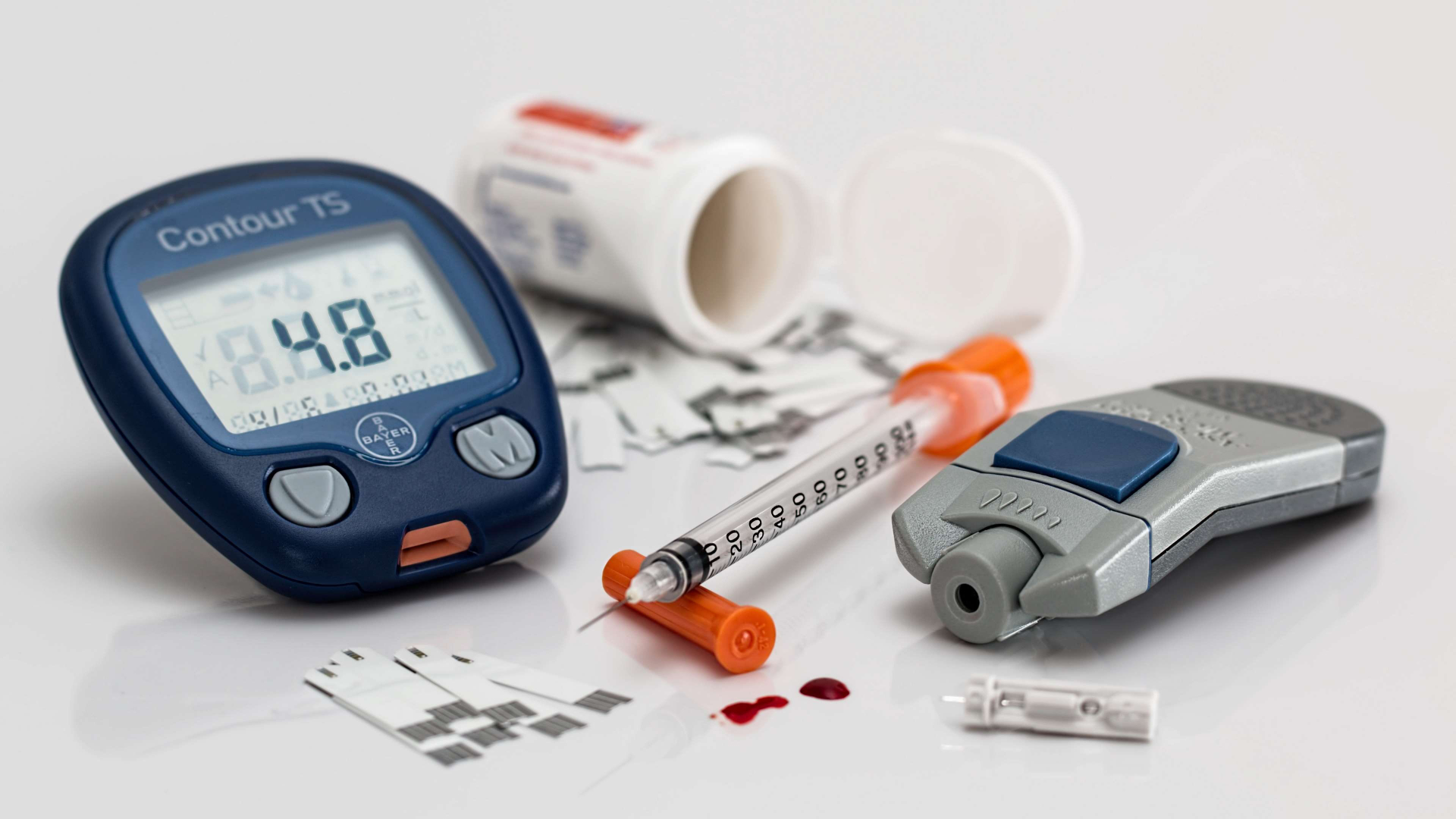The presence of the H. pylori bacteria may be associated with an increased risk of type 2 diabetes, according to a recent New York University School of Medicine study. Young children who contract an H. pylori infection that becomes persistent are at greater risk of developing duodenal ulcers and gastric cancer, and ulcer treatment has been revolutionized by using antibiotics to eradicate the bacteria. Researchers analyzed National Health and Nutrition Survey data in the first large, national study to determine whether there is an association between the H. pylori and participants’ HbA1C levels, a blood glucose marker. “H. pylori was consistently positively related to HbA1c level in adults,” study authors Yu Chen and Martin Blaser say. “A valid and reliable biomarker for long-term blood glucose levels.” They also found a stronger association with overweight and obese participants, suggesting that H. pylori may affect two stomach hormones that regulate blood glucose levels. Further research is needed to determine whether eradicating the presence of H. pylori bacteria with antibiotics would help lower blood glucose and treat obesity.
Dark Chocolate Could Prevent Heart Problems in High-Risk People





